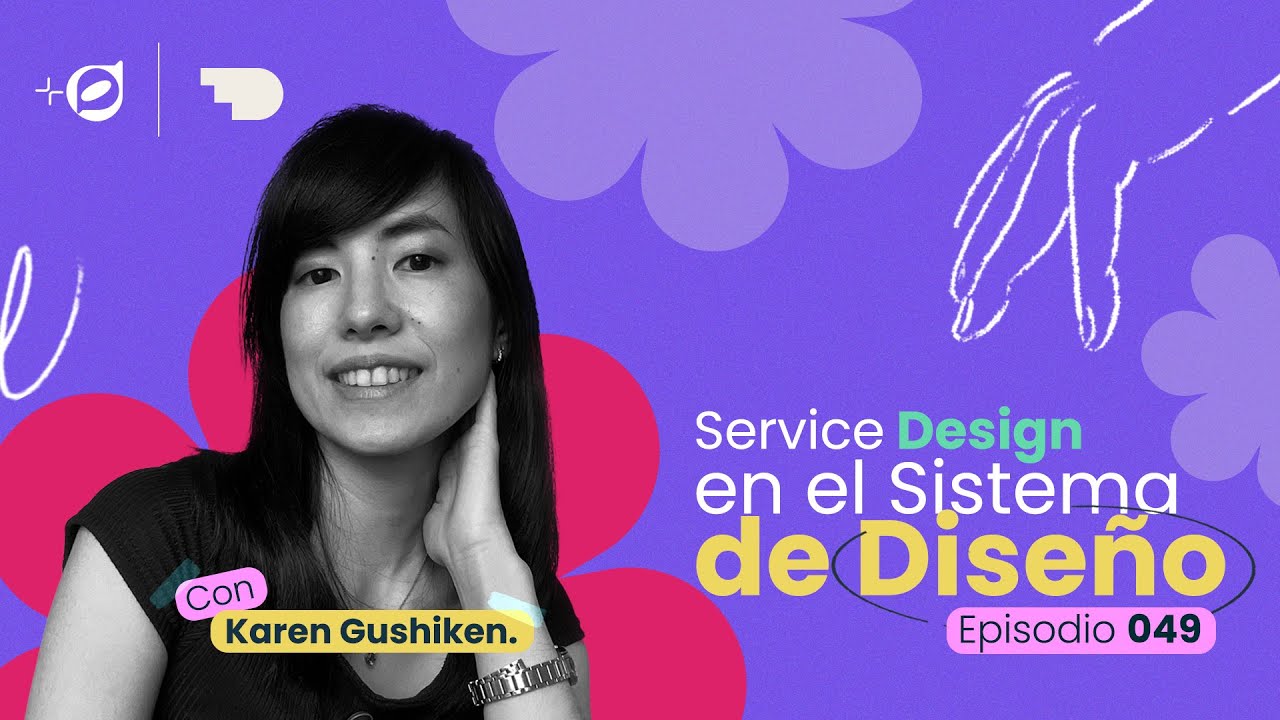"Жартома-серйозно". Випуск №2. Як це навчатися в Китаї?
Summary
TLDRIn this podcast episode, host Katya welcomes guest Victoria, a senior lecturer of Chinese language and translation at Kyiv University. Victoria shares her academic journey, beginning in 2013 with her Chinese language studies, and discusses her experiences living in a dormitory and participating in an academic exchange program in Beijing. She emphasizes that learning Chinese is not as difficult as commonly believed and offers advice to prospective students. The episode highlights the importance of motivation, systematic study, and proper time management for language learning success.
Takeaways
- 😀 The guest, Viktoria, started her university education in 2013 at the Kyiv University named after Borys Grinchenko, studying Chinese language.
- 🏫 Viktoria is currently a senior lecturer at the same university's department of Chinese language and translation.
- 🌐 The university is recognized internationally and has good academic mobility programs, including exchange programs.
- 📚 Viktoria shared her positive experience studying at the Beijing University of Posts and Telecommunications.
- 🇨🇳 She was impressed by the infrastructure, cultural respect, and the Great Wall of China during her time in Beijing.
- 🎓 Viktoria debunked the myth that Chinese is a very difficult language to learn, emphasizing that motivation and systematic study can overcome any language barrier.
- 🌐 She clarified that Eastern languages like Chinese, Japanese, Korean, and Vietnamese are not the same and should not be considered equivalent in terms of pronunciation or learning difficulty.
- 📈 Viktoria advised high school students to plan their time effectively and research university requirements before applying.
- 🌟 She recommended studying at the Kyiv University named after Borys Grinchenko for a comprehensive education and the opportunity to make lifelong friends and mentors.
- 💬 The host encouraged listeners to comment their guesses on what Viktoria said in Chinese and to share their thoughts on the podcast episode.
Q & A
What is the name of the guest speaker in the podcast?
-The guest speaker's name is Вікторія.
When did Вікторія start her university education?
-Вікторія started her university education in 2013.
What language did Вікторія study at the university?
-Вікторія studied Chinese language at the university.
What position does Вікторія hold at the university?
-Вікторія is a senior lecturer at the department of Chinese language and translation.
How does Вікторія describe her experience living in a dormitory?
-Вікторія describes her dormitory experience as having a very warm and friendly atmosphere, where they studied and had a good time.
What is Вікторія's advice for students who are afraid of starting to learn a new language?
-Вікторія advises that starting from zero is not a problem and that with motivation and systematic study, anyone can learn a language.
What was Вікторія's experience with academic mobility?
-Вікторія participated in academic mobility and studied at the Beijing University of Posts and Telecommunications, which was an unreal and very emotional experience for her.
What impressed Вікторія the most about China?
-Вікторія was impressed by the respect and care people in China have for their culture, as well as the infrastructure, landmarks, and transportation in Beijing.
What are some common myths about learning Chinese that Вікторія addresses?
-Вікторія addresses myths such as Chinese being a difficult language to learn, Eastern languages sounding the same, and the belief that it's hard for adults to learn Chinese.
What advice does Вікторія give to high school graduates considering university?
-Вікторія advises high school graduates to plan their time well, research university requirements before applying, and not to be afraid to try learning Eastern languages.
What is Вікторія's recommendation for students interested in studying at her university?
-Вікторія recommends studying at Київський Столичний Університет імені Бориса Грінченка, where students can gain valuable knowledge, find friends, and learn not only professionally but also in terms of personal qualities.
Outlines

This section is available to paid users only. Please upgrade to access this part.
Upgrade NowMindmap

This section is available to paid users only. Please upgrade to access this part.
Upgrade NowKeywords

This section is available to paid users only. Please upgrade to access this part.
Upgrade NowHighlights

This section is available to paid users only. Please upgrade to access this part.
Upgrade NowTranscripts

This section is available to paid users only. Please upgrade to access this part.
Upgrade NowBrowse More Related Video

Подкаст для абітурієнтів "Жартома-серйозно" №8. Що у школі не розповідають про університет?

Подкаст для абітурієнтів "Жартома-серйозно" №10. Фінальний випуск.

[Podcast Virtual] Kecelakaan Akibat Kerja dan Penyakit Akibat Kerja - K3 Politeknik Negeri Batam

Ep049 - Service Design en el Sistema de Diseño - Karen Gushiken - La suma de DesignOps

पढ़ाई के साथ Facebook Copy Paste से कमाते हैं ₹15,000 महीना ️🔥Earn Money Online From Facebook

TrikePatrol Podcast Interview #27 - Mary #2
5.0 / 5 (0 votes)